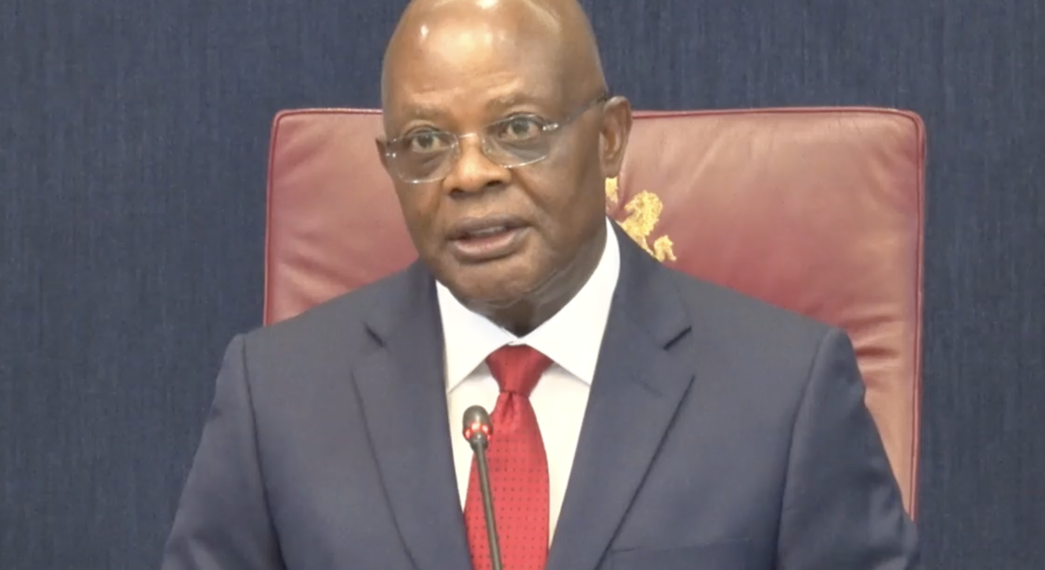The Administrator of Rivers State, Vice Admiral Ibok-Ete Ekwe Ibas(rtd), has called on residents of the state to embrace tolerance, love, and peaceful coexistence, emphasizing that differences in opinion should not overshadow the collective benefits of harmony.
Speaking during a traditional Salah visit by a delegation of the Moslem Community at the Government House in Port Harcourt on Sunday, Vice Admiral Ibas highlighted the importance of unity as the state continues its journey of healing and rebuilding under the ongoing emergency rule.
Reflecting on the essence of Eid-el-Adha, the Administrator underscored the values of sacrifice, generosity, and devotion to God, urging the faithful to remain steadfast in their faith while fostering goodwill among all people.
“Looking around here, I can see you are all from different mosques and communities within the state. God created us all and gave us the charge to love your neighbor as yourself. If we obey God by loving our neighbors the way we love ourselves, the world will be a better place,” he said.
Related Articles:
- Ibas vows to resuscitate Rivers Songhai Farm, other abandoned projects
- Ibas tasks traditional rulers on securing public infrastructure
- Amidst Gov. Fubara’s expected return, Ibas appoints 11 permanent secretaries
Vice Admiral Ibas further charged the Moslem community and all residents of the State to reject divisiveness and hatred, reinforcing the need for collaboration in restoring democratic governance and lasting peace.
“While we celebrate this solemn occasion, I urge us all to reflect deeply, rededicate ourselves to service, humility, and love. We must do away with anything that brings hatred or divides us,” he added.
The Administrator commended the Moslem community for their contributions to peacebuilding in Rivers State and encouraged them to remain committed to fostering harmony.
In his remarks, the leader of the delegation, Squadron Leader Y.M. Hussain, described Eid-el-Adha as a reminder of shared humanity and mutual care, noting that the visit was an extension of goodwill and solidarity with the state leadership.






